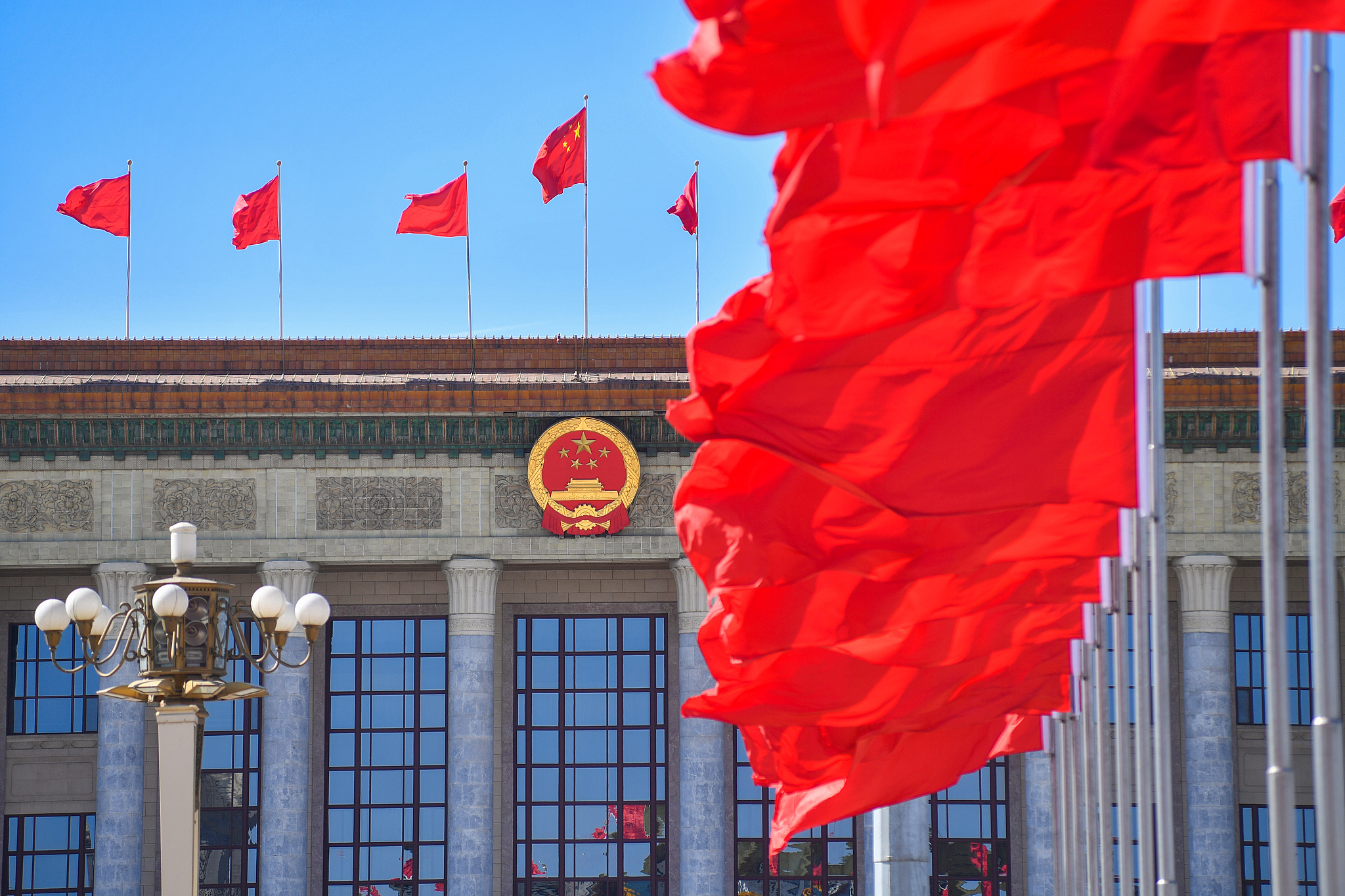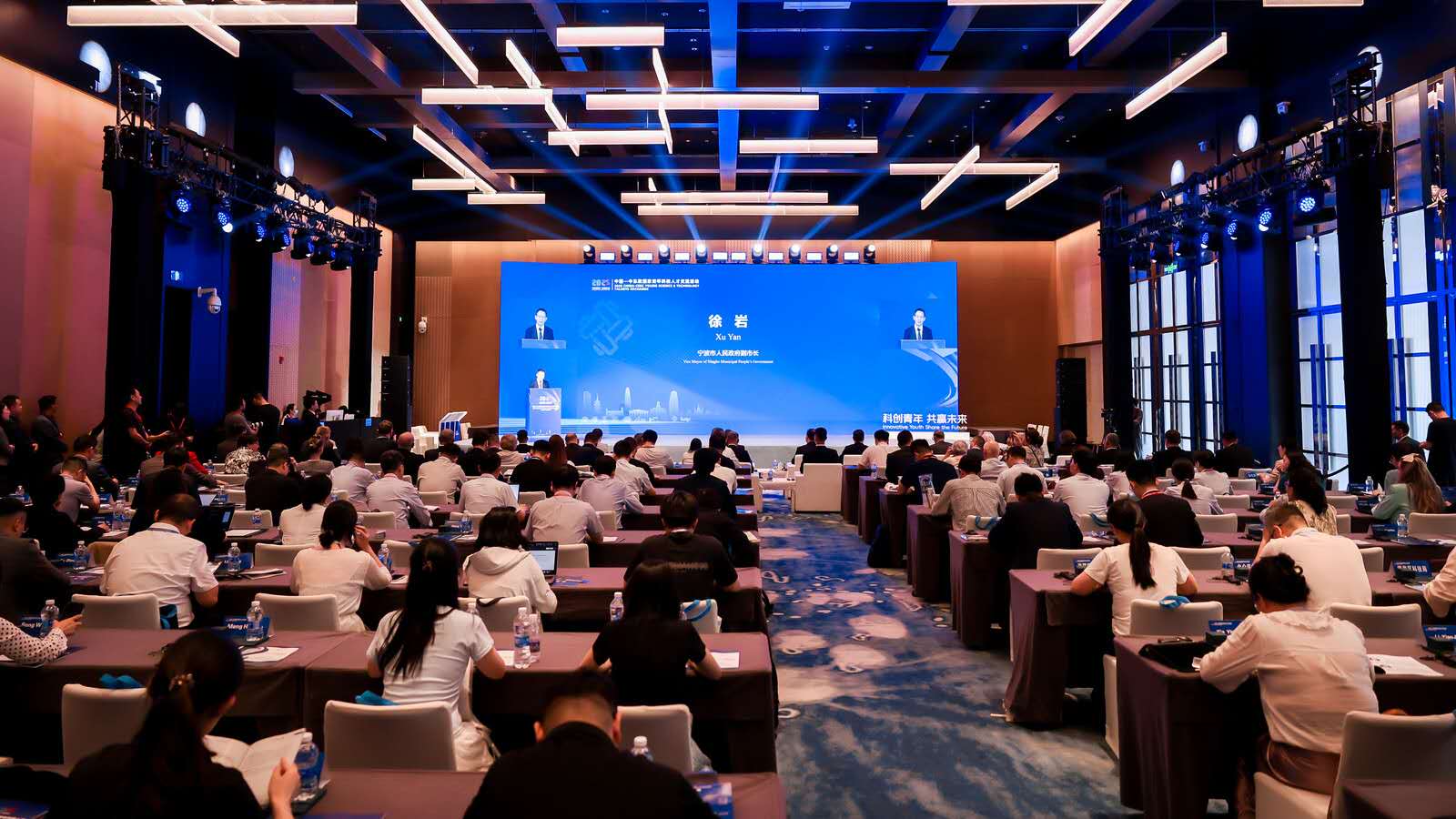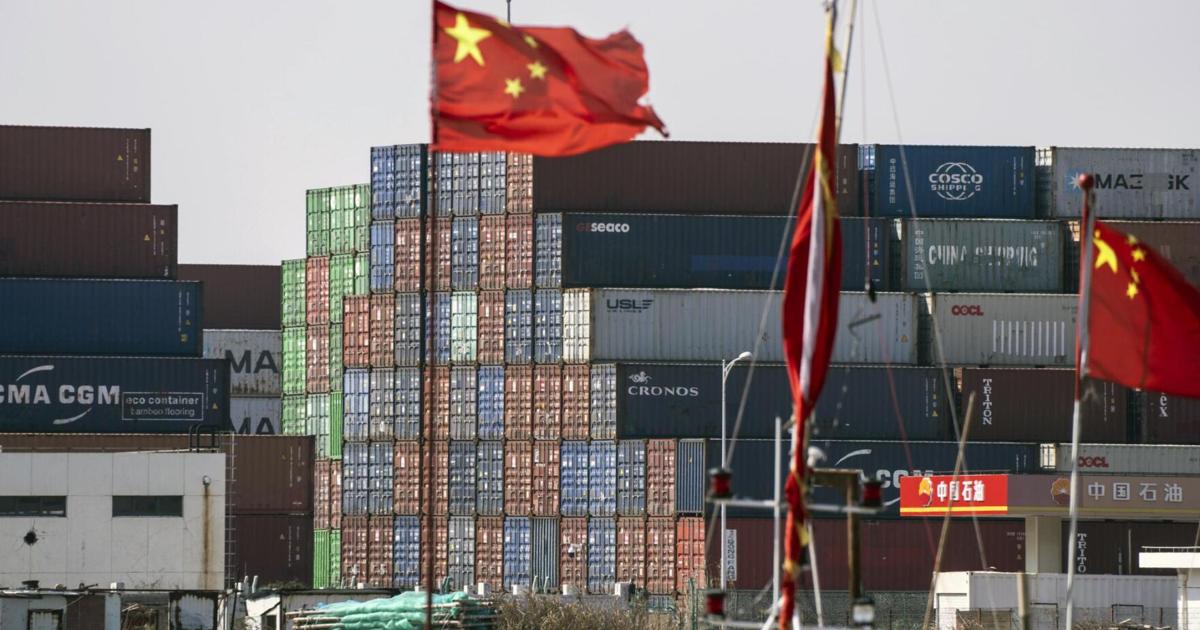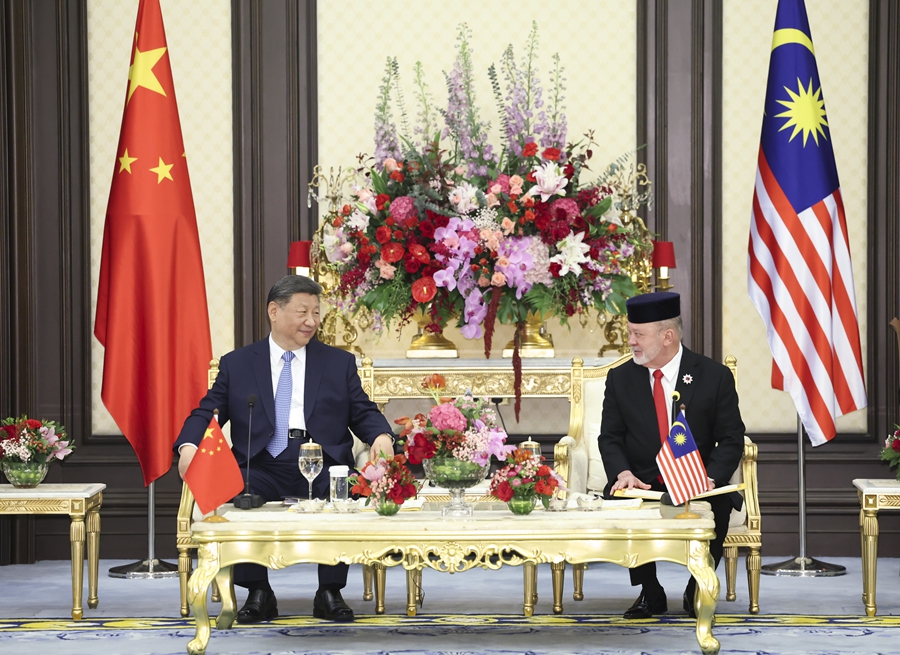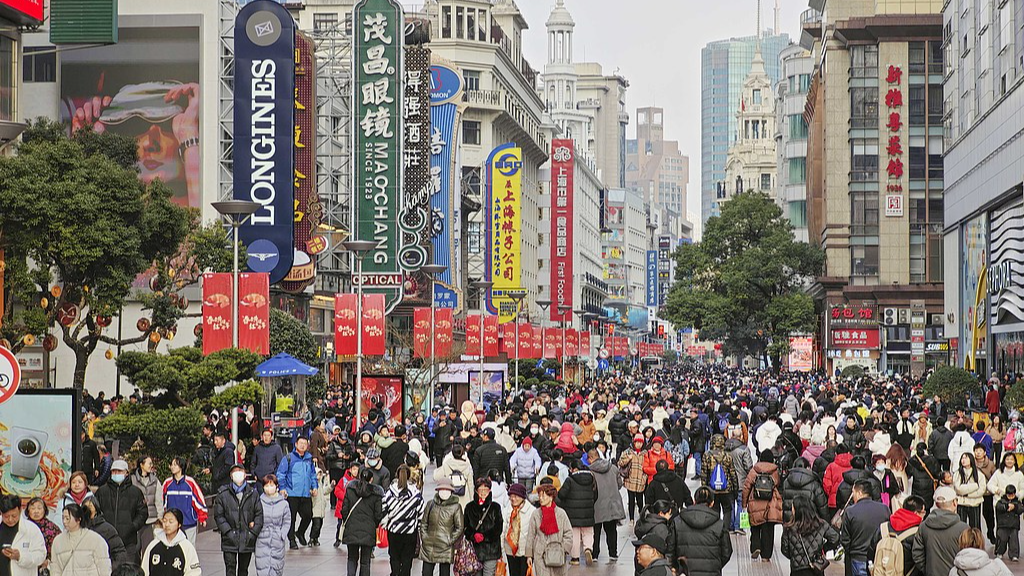On September 15, 2024, it will be seven decades since the founding of China’s National People’s Congress (NPC), the cornerstone of the country’s political structure and a key achievement in the evolution of the country’s governance. As the highest organ of state power in China, the NPC stands at the pinnacle of the People’s Congress system. This system has played a significant role in shaping China’s political journey. As a central pillar of China’s governance, the People’s Congress system is essential in advancing the rule of law and driving the modernization of China’s governance structure and capabilities.
The National People’s Congress and the waves of history
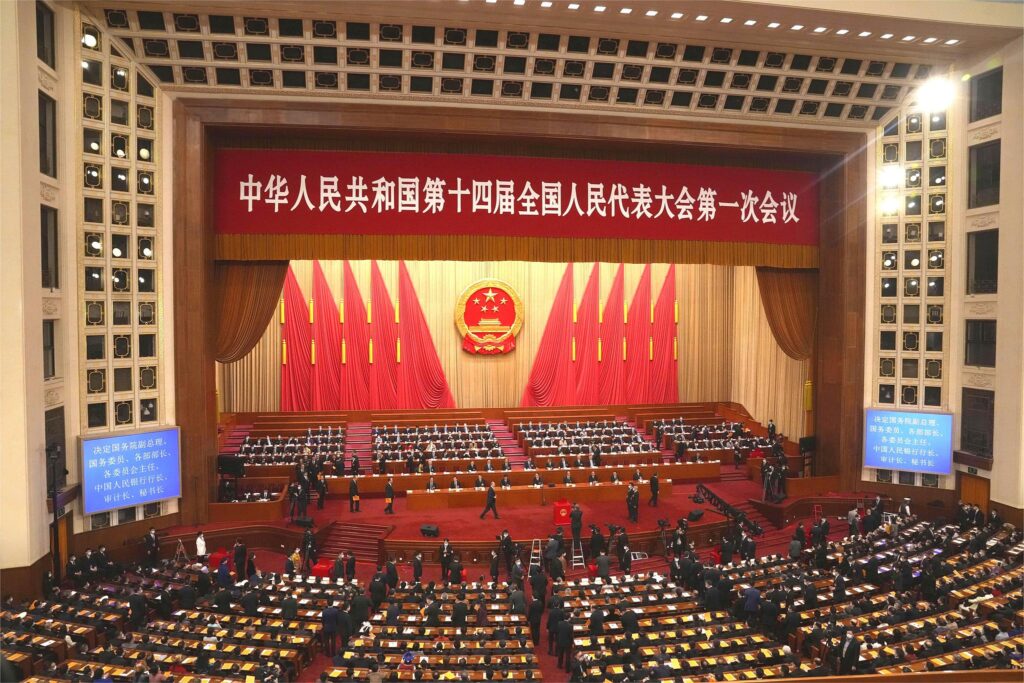
Since September 15, 1954, when some 1,200 deputies gathered in Beijing for the first session of the NPC, this body has served as a critical institutional framework, enabling China to experience unprecedented economic growth and ensure long-term social stability. Through this structure, China has fostered what is known as “whole-process people’s democracy,” an essential mechanism for inclusive governance. In the past 70 years, the People’s Congress system has undergone significant reforms, and China’s legislative progress has been remarkable.
A conceptual approach to the NPC

The NPC, as the highest body of state power, was created to embody the principle of popular sovereignty. Its establishment was a critical institutional step towards the consolidation of the nation after the founding of the People’s Republic of China in 1949, providing a coherent legislative framework that could support rapid socio-economic transformation.
The evolution of the legislative system in China
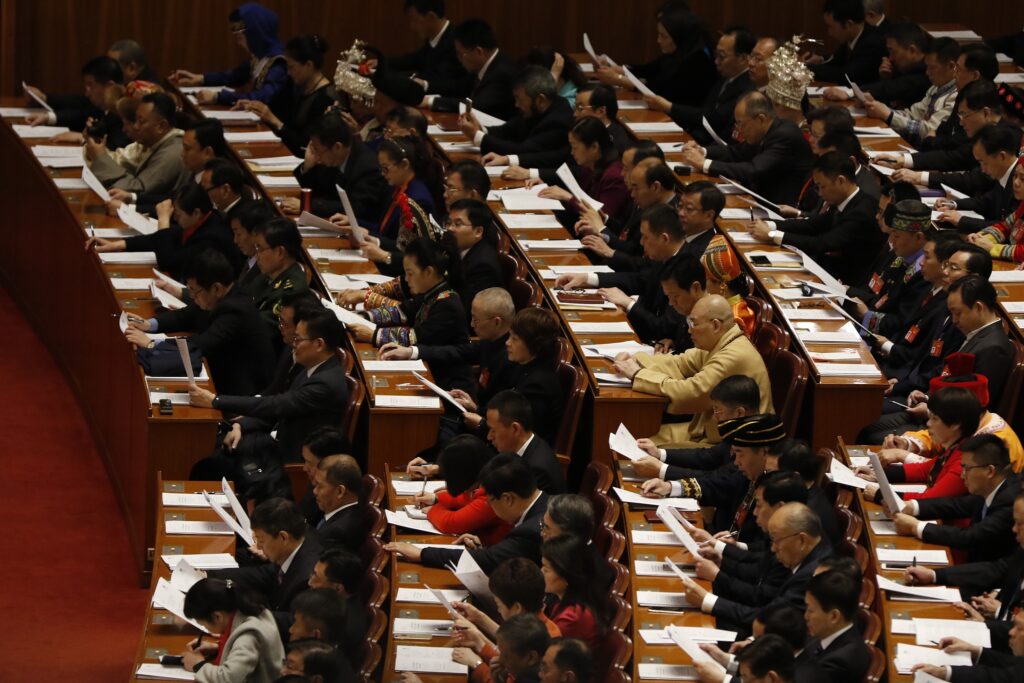
The NPC has functioned as the main legislative body, responsible for passing laws, approving budgets, and overseeing the work of the State Council, the President, and other important state bodies. As the body entrusted with the power to amend the Constitution, its authority is unparalleled within China’s political system.

